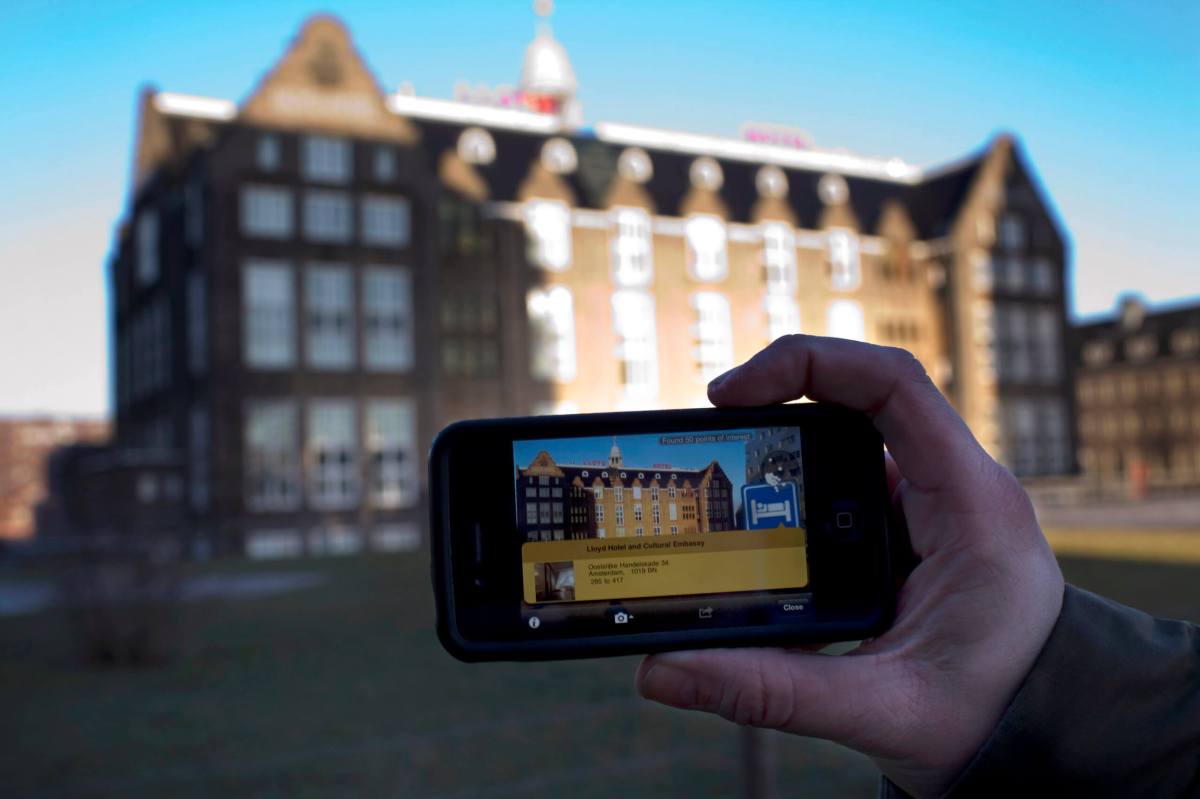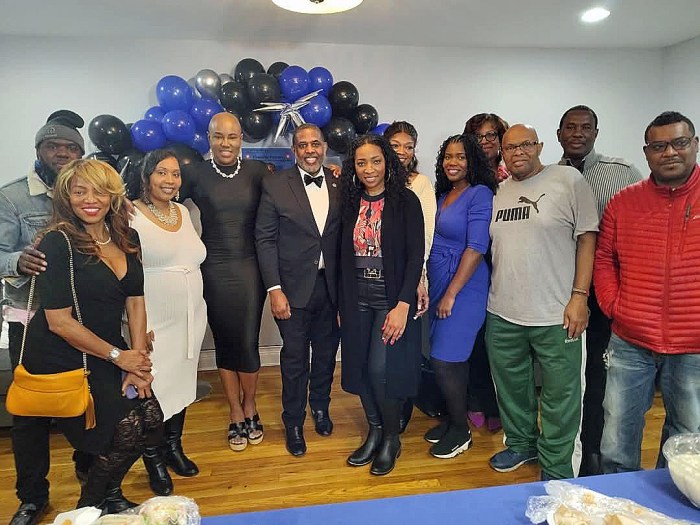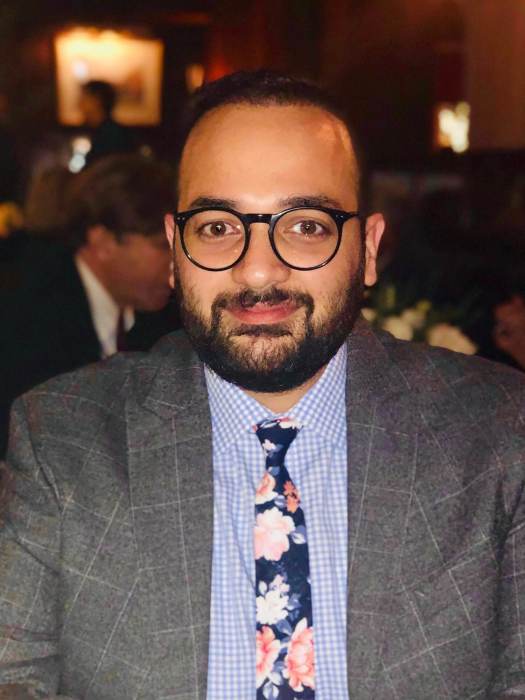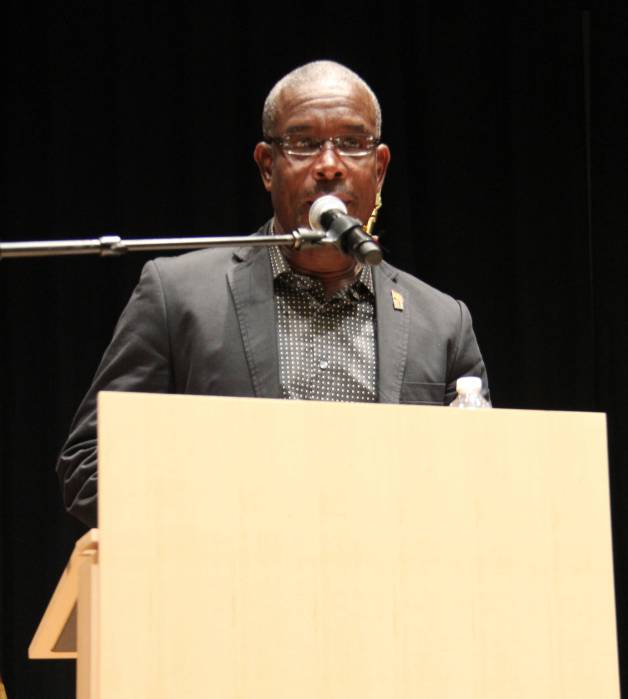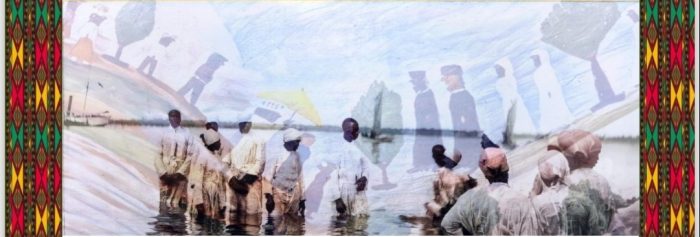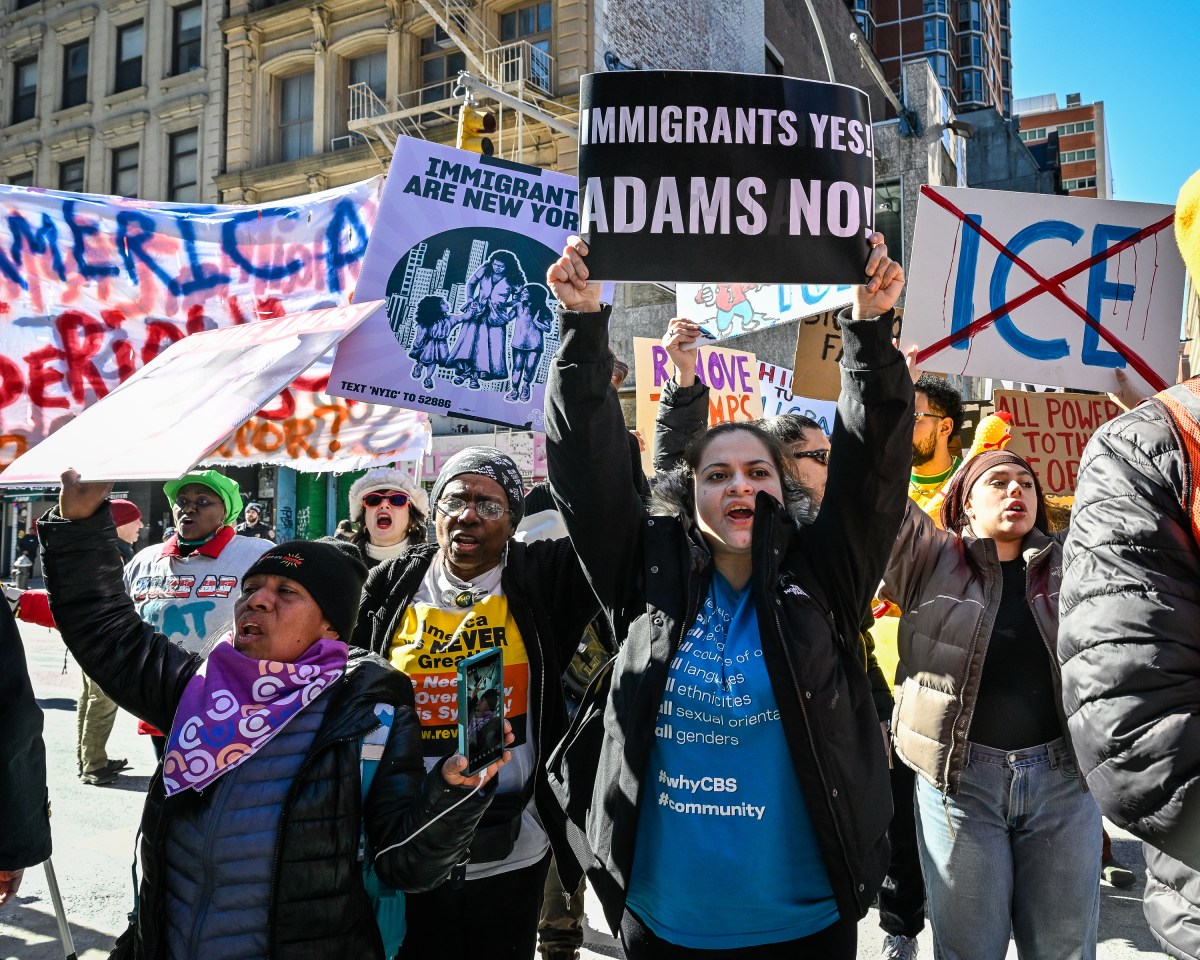The Washington, D.C.-based Organization of American States (OAS) says it has formed an alliance with Meta to train more than 10,000 creators through free online courses in Augmented Reality (AR), a first step toward bringing the metaverse to Latin America and the Caribbean, and opening economic opportunities in 35 countries of the region.
The OAS said the courses will launch in January 2022 and aim to build AR skill sets over the next three years.
“They will be divided into three levels of expertise, from basic to advanced, to support both emerging and established creators: the Spark AR Quickstart, Spark AR Fundamentals and Spark AR Pro Course,” said the OAS in a statement.
This initiative, announced at the OAS Youth Academy on Transformative Technologies of the Americas event, marks the first AR investment globally of the XR Programs and Research Fund of US$50 million “to build the metaverse responsibly,” the OAS said.
It said the initiative will offer Meta’s Spark AR Curriculum courses in Spanish, Portuguese and English, with the participation of local creators.
“Creators who fully complete all modules and pass the examination will earn a Spark AR Certification that will validate their knowledge and proficiency,” the OAS said. “It will also grant them access to Facebook Certification Career Network, a job-search platform that features companies looking to source skilled talent.
“The OAS is one of our main allies on metaverse programs focused on education and economic development, and we’re very excited to work alongside them on this innovation trainings to help people in Latin America and the Caribbean create augmented reality experiences with Spark AR”, said Pedro Less, Vice President of Public Policy in Latin America for Meta.
The OAS said it will work with Meta to amplify the reach of the Spark AR training to thousands of people across Latin America and the Caribbean, and a diversity of audiences, from women to young adults, and rural and indigenous communities, among others.
“We want to work with Meta to offer young people in member states the tools they need to be better equipped for the jobs of the future,” said Luis Almagro, OAS General Secretary.
“This has become even more relevant in the context of the challenges presented by the COVID-19 pandemic,” he added. “Cooperation efforts like this one allow us to make a greater impact, reaching more people, with more knowledge, more skills, and more opportunities to build their future”.
As the metaverse develops in the next few years, the OAS said it will open up economic opportunities for “a whole new set of jobs.”
“Augmented Reality on mobile is already offering an early glimpse of what we can expect in the metaverse: interactive, immersive experiences that help people connect better with each other and the world around them,” the OAS said.


